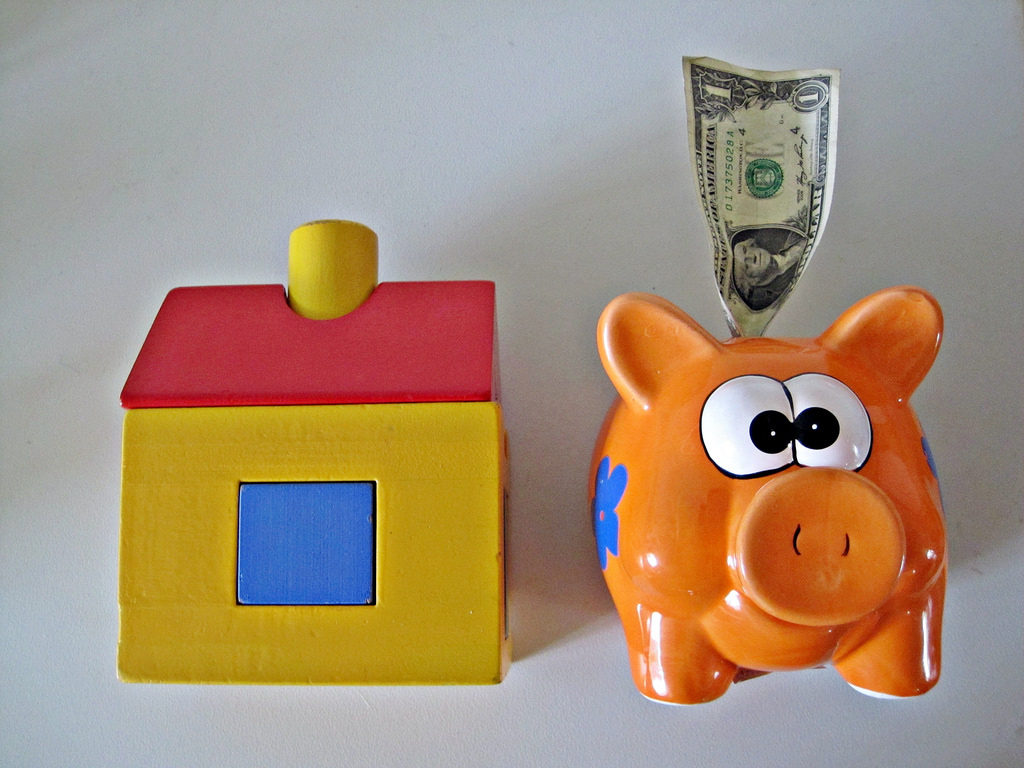
To some, home maintenance might seem like some like a chore to avoid, but it is important to know that it is absolutely necessary to avoid the high costs of larger repairs. Doing little things around your house like keeping your gutters clean, checking for water leaks, and inspecting your roof will help prevent bigger problems.
For example, water damage is the number one culprit that can wreak havoc on your home’s foundation, cause serious structural damage, lead to the growth of mold and mildew, and cause insect infestation. What’s easier to do? Some simple home maintenance tasks or let problems fester to the point where you could need emergency flood services? Water damage emergencies come without any warning and can happen at any time of the day or night. You can’t control emergencies but you can minimize the chances of them happening with some of the following proper maintenance tips.
Check for Leaks
There are many places in your home that should be checked for leaks. Finding a leak when it is relatively small is better than waiting until it gets worse and causes serious water damage. Even if you only see a few drops of water leaking, this is still a problem that needs to be addressed. According to the Environmental Protection Agency, an average household’s leaks can annually waste more than 10,000 gallons of water. This leaking can cause your water bill to be 10% higher than it would be without the leak.
It is obvious that you have a water leak when you see water on the floor. Part of your maintenance should include looking for the not so obvious clues or water leaks such as:
- Water stains on your ceilings
- Mold or mildew near the toilet, tub, or shower
- Unexplained increases in your water bill
- Moisture around your water heater
Replace Your Filters and Clean Vents
Dirty or clogged air filters can cause damage and make your appliances and systems work harder. For example, if you don’t clean out the lint in your dryer screen it can cause a fire. If you don’t change your air conditioning filter, you are decreasing the lifespan of your unit. It is recommended that you change the filters in your air conditioning unit and your heater every three months. For those who have family members with bad allergies, changing the filter every month could be helpful.
Clean Your Gutters
The gutters on your house help to rid your home of what it doesn’t need. If they get clogged, water can accumulate in places where it shouldn’t be and cause mold, flooding, or rot. You should clean your gutters at least once a year. While you are cleaning them, you should also check to make sure they are attached properly. Your roof should lap over the edge of the gutter to ensure that the water runs into the gutter instead of between the gutter and the roof. Save yourself headaches by climbing a ladder and cleaning out leaves, vegetation, or other debris to prevent your gutters from getting clogged and causing unnecessary and expensive damage to your house.
Visit Your Attic
If your home has an attic, don’t forget that it is an important part of your home, not just a place to store things. You should go into your attic every few months to check for damage to the insulation, leaks, or insect infestations. The insulation in your attic controls moisture, ensures proper ventilation, and retains heat. If you find that there are missing pieces of insulation or if there is any damage, you should add more insulation or replace it in order to ensure that your home stays cool in the summer and warm in the winter. You will also save money on your energy bill. It is better to catch these problems early and fix them rather than letting them get out of control.
Update Your Caulking
Caulking provides protection from moisture and the damage it can cause to your home. It is very inexpensive, comes in a variety of colors, and can be easily applied to areas that need it. For instance, where you see cracks between the frame and a window or door, applying new caulk is an easy fix.
Save a lot of time and money and avoid the stress and inconvenience of expensive home repairs by being proactive and taking the necessary steps to maintain your home. By spending only a few hours a month, you will increase the lifespan of your existing structure, fixtures, and appliances.


